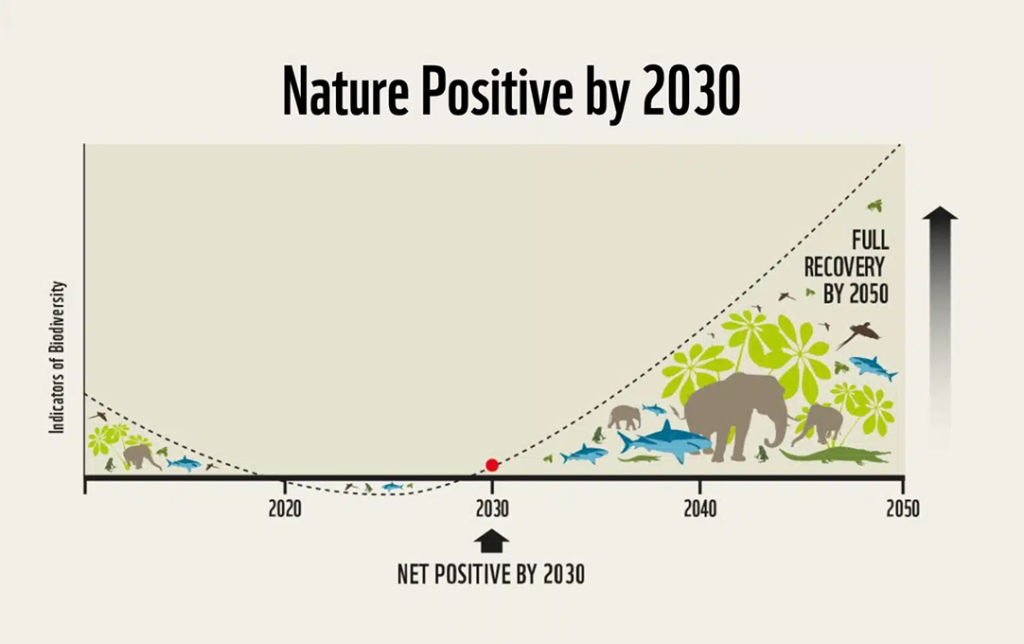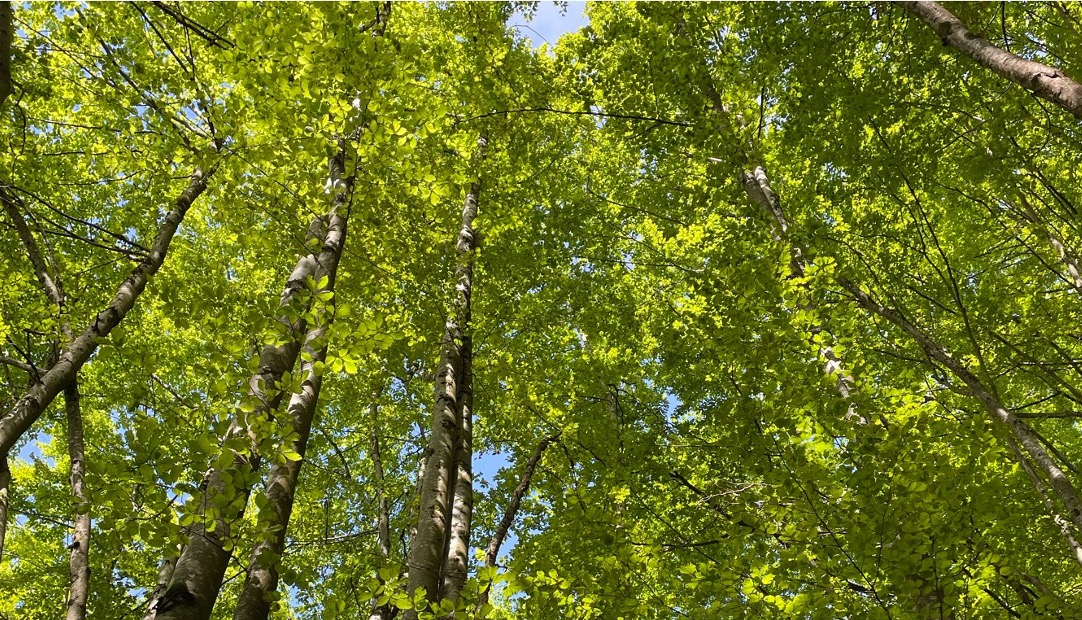Ipsen’s Commitment to Biodiversity

Biodiversity encompasses the rich array of species and ecosystems vital for our planet’s health. Yet, human activities have endangered this diversity, jeopardizing not only various species but also our daily lives. Biodiversity is crucial for human health, providing essential services such as pollination, water purification, and climate regulation. Accelerating rates of biodiversity loss pose significant threats. Habitat destruction increases the risk of diseases originated in animals and then spread to humans, while disruptions to the food chain and loss of medicinal resources further endanger human well-being. Recognizing this, the United Nations marks May 22nd as International Day for Biological Diversity (IDB) to raise awareness and spur action. This year’s theme, ‘Be part of the Plan,’ underscores the urgency to halt and reverse biodiversity loss.
The Interconnection of Biodiversity and Climate Change
Biodiversity and climate change are deeply intertwined. Climate change exacerbates habitat loss, making species more vulnerable to extinction. In turn, species loss disrupts carbon sequestration and alters ecosystems, worsening climate change. Addressing these challenges separately is not feasible; concerted efforts are needed to tackle both simultaneously.
What can be done: conservation and climate change strategies
At Ipsen, safeguarding the environment around our facilities is a paramount priority. Through our sustainability strategy, Generation Ipsen, we have developed a Biodiversity Strategy Plan (BSP) to address both biodiversity loss and climate change, striving to achieve “Nature Positive by 2030”.

Since 2021, Ipsen’s biodiversity conservation efforts include ecological surveys and biodiversity data management to continuously enhance our environmental performance. In 2023, no protected species were recorded from the eDNA surveys and analysis. In addition, there were no species identified as threatened with extinction from the International Union for Conservation of Nature (IUCN) Red List of Threatened Species. Those that were recorded on the IUCN Red List database were all common species or identified as Least Concern.
Our biodiversity commitment is fortified by maintaining Group certification to the ISO 14001-2015 Environmental Management system standard. Recent audits have validated our efforts, with no critical findings identified, ensuring the integrity of our environmental management system. Moreover, our pursuit of process efficiency has yielded tangible results, with notable reductions in air and waste-water emissions.
Ipsen’s Nature and Biodiversity Certificate program aims to manage Ipsen’s sites for the benefit of nature. This involves implementing Biodiversity Action Plans to enhance on-site nature and transition towards more organic land management practices. Certificates are awarded at bronze, silver, gold, or platinum levels based on performance. The target is for all Ipsen-owned sites to achieve at least a silver level Nature and Biodiversity Certificate by 2025 and gold level by 2030.
Furthermore, we’re actively engaging our teams in biodiversity discussions through various employee events, fostering a culture of environmental stewardship throughout Ipsen. Through community-based conservation initiatives like Generation Ipsen’s Community Days, Ipsen sites engage in habitat enhancement and partnerships with external conservation organizations.
These commitments reflect Ipsen’s ongoing dedication to both environmental sustainability and biodiversity conservation. They pave the way for a future where our operations seamlessly integrate with the natural world.






